Why You Should Take a Solo Backpacking Trip
Do you dream of backpacking but can’t convince your friends to go with you? Or keep trying to organize a trip, but can’t coordinate everyone’s schedules? What if you decided to just make it happen and take a solo backpacking trip?
Beyond simply not being beholden to anyone else, a solo backpacking trip is an awesome way to discover what you’re capable of and gain confidence in yourself.
As an outdoor educator and creator of the Backpacking Badass program which teaches women how to hit the trail confidently and self-sufficiently, I love solo backpacking. Here are the reasons I would recommend taking a solo backpacking trip to anybody!
WHY GO ON A SOLO BACKPACKING TRIP
Going on a solo backpacking trip is super rewarding, but I think the two biggest benefits are the freedom & confidence you get from going on your own adventure. You’re free to go wherever you want, whenever you want, and you are the one who will make it happen.
GO TO THE DESTINATION YOU CHOOSE
If you love mountains, but your outdoor besties prefer the desert, a solo trip is your chance to go to your dream destination. When you’re going on a solo backpacking trip, the decision on where to go is completely up to you!
If you’re going on a hike with a competitive permit lottery, like Half Dome or Mount Whitney, going solo might even give you a better chance of snagging a coveted permit.
>>>Learn more about snagging permits for lots of popular California hikes here!
GO ON YOUR SCHEDULE
You also have the freedom to take a solo backpacking trip whenever it’s convenient for you. Coordinating time with friends can be quite difficult, especially for multiple days on the trail, but on a solo trip, you can go whenever you’re free.
SAVOR ALONE TIME IN NATURE
Sure, it’s lovely to appreciate the sunset with your favorite people, but it’s also wonderful to soak in natural beauty by yourself. Sometimes you just need a break from everything, including social obligations (especially if you’re an introvert), and a solo backpacking trip provides that alone time.
LEARN WHAT YOU’RE CAPABLE OF
When you go on a group backpacking trip, you can rely on other people for skills you don’t have, whether that’s navigation, meal planning, or building a fire. When you go on a solo backpacking trip, you need to do everything yourself.
Before you go on a backpacking trip, you should make sure to learn all the skills you need, and on the trip, you’ll get to see what you’re capable of (and what you might need to learn more about for future trips).
BUILD YOUR CONFIDENCE
Taking a successful solo backpacking trip – and success has many definitions – will prove to yourself (and others) that you can do hard things.
If your trip goes perfectly smoothly, you’ll get more confidence in your planning abilities. And if something goes sideways, you can gain confidence in your ability to pivot and make the best of it.
GRAB MY [FREE] OUTDOOR BACKPACKER STARTER KIT
I created the Ultimate Outdoor Backpacker Starter Kit for you (and it's FREE)! This starter kit is filled with 14 pages of my best hiking and backpacking tips to help you learn what it takes to become a safe, confident, and self-sufficient outdoor backpacker!
TIPS FOR GOING ON A SOLO BACKPACKING TRIP
There’s a lot that goes into a solo backpacking trip, and my Backpacking Badass program covers everything you need to know, but here are just a few tips to keep in mind before heading into the backcountry alone.
START SMALL
If you’ve never solo backpacked before, you don’t need to be like Cheryl Strayed in Wild and go on a thru-hike! Start with an overnight trip or maybe just a couple nights.
TEST YOUR GEAR
It’s always a good idea to test your gear before you hit the trail, especially for a solo backpacking trip. If your stove or headlamp doesn’t work in the backcountry, you won’t just be able to use your friend’s gear when you’re on your own.
So do a quick test of everything crucial before you pack it. If it’s new gear, make sure you know how to use it, and if it’s tried and true, it’s still worth checking to make sure it’s functioning properly.
STAY IN TOUCH
Even though you’ll be in the backcountry alone on a solo backpacking trip, that doesn’t mean you can’t stay connected.
Before you go, be sure to share your itinerary with a trusted friend or family member. Let them know your intended route (including the trailhead you’ll start at), when you plan to be home, and when you will be considered overdue.
I also highly recommend bringing a satellite communicator like a Garmin inReach or Zoleo, so you can update your contact during your adventure and reach out if anything goes wrong.
PSST.. ARE YOU READY TO FINALLY UNDERGO YOUR OWN BACKPACKING TRANSFORMATION?
Join me (and your peers) on a transformational adventure, where you will learn how to confidently go on your first ever (or perhaps your first solo) outdoor backpacking trip without the constant fear of getting lost, the debilitating worry of being unprepared, and the lurking feeling that you lack the "know-how" and skills required to stay safe on the trails. Click below to be the first to know when my one-of-a-kind backpacking program re-opens again for enrollment!
PACKING LIST FOR A SOLO BACKPACKING TRIP
Here are a few absolutely essential items you should make sure to pack when you’re prepping for a solo backpacking trip. This is NOT a comprehensive list though, so be sure to check out our Ultimate 3-5 Day Backpacking Packing List to dive in deep on what I recommend bringing on a backpacking trip.
*Please note that this list contains affiliate links.
The Therm-A-Rest NeoAir XTherm sleeping pad is my favorite sleeping pad. It's lightweight and easy to pack. It's super comfortable (no body parts touch the ground), and it's warm!
Hope this post helps inspire to hit the trail on your own solo backpacking trip! Have you solo backpacked before? Let us know about your experience in the comments below!
More ESSENTIAL BACKPACKING RESOURCES
Also be sure to check out these essential backpacking resources!
7 Reasons Why Women Make Great Backpacking Leaders on the Trail
Essential Backpacking Hygiene Tips & Feminine Care in the Outdoors
Cheers,
Allison - She Dreams of Alpine







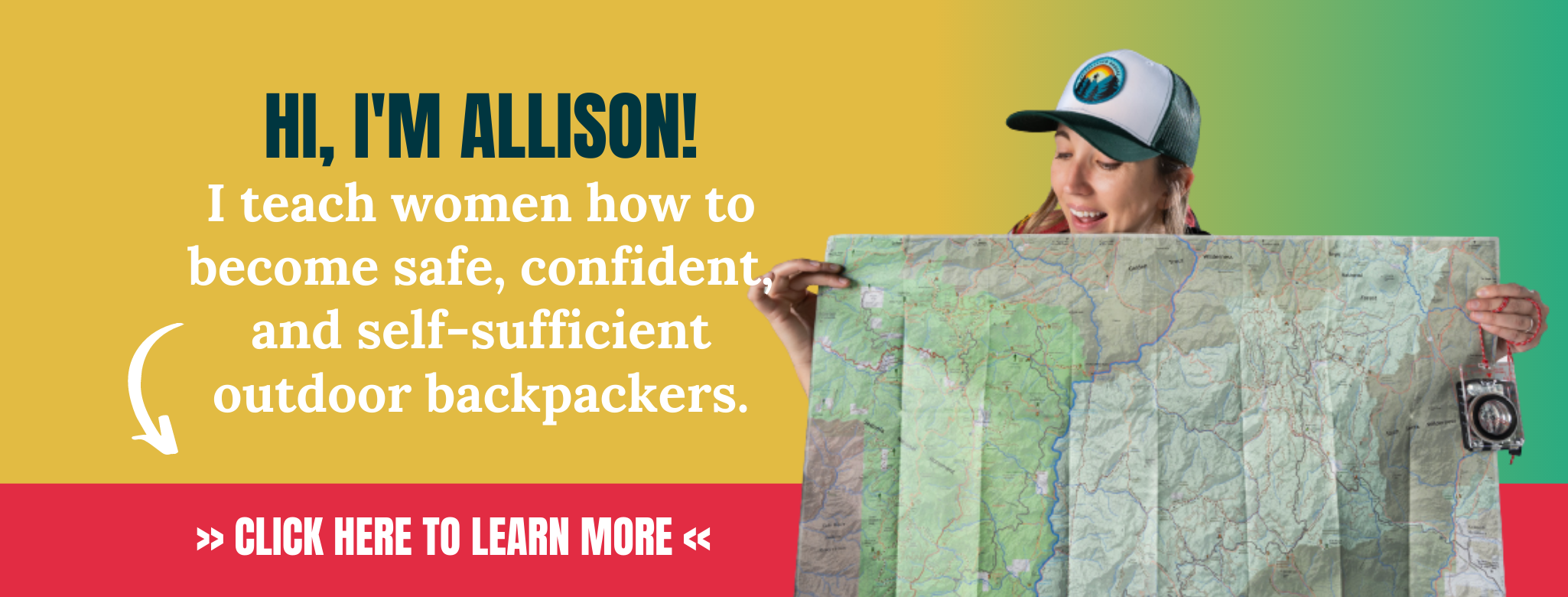


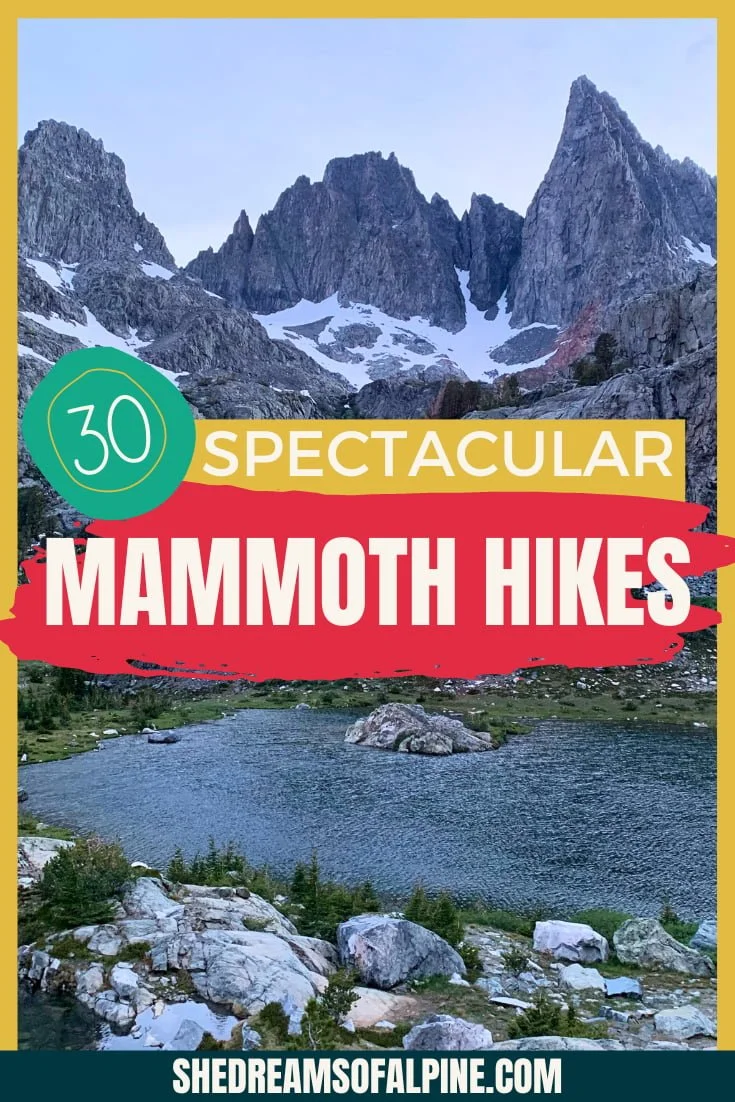
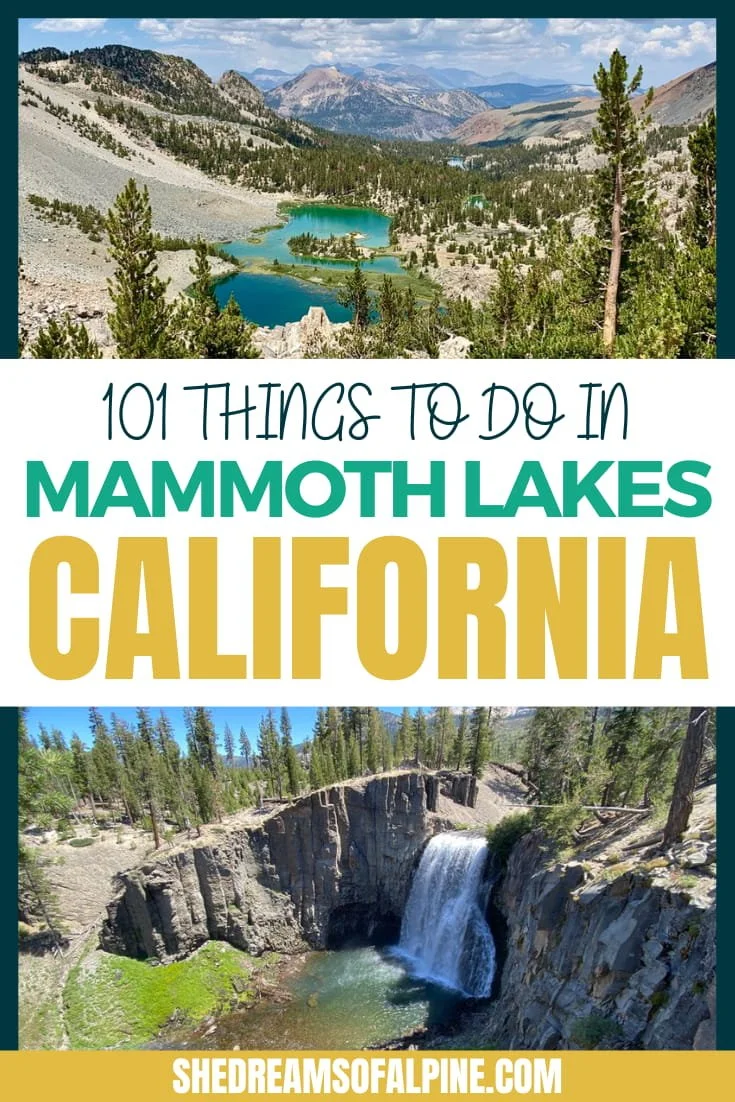



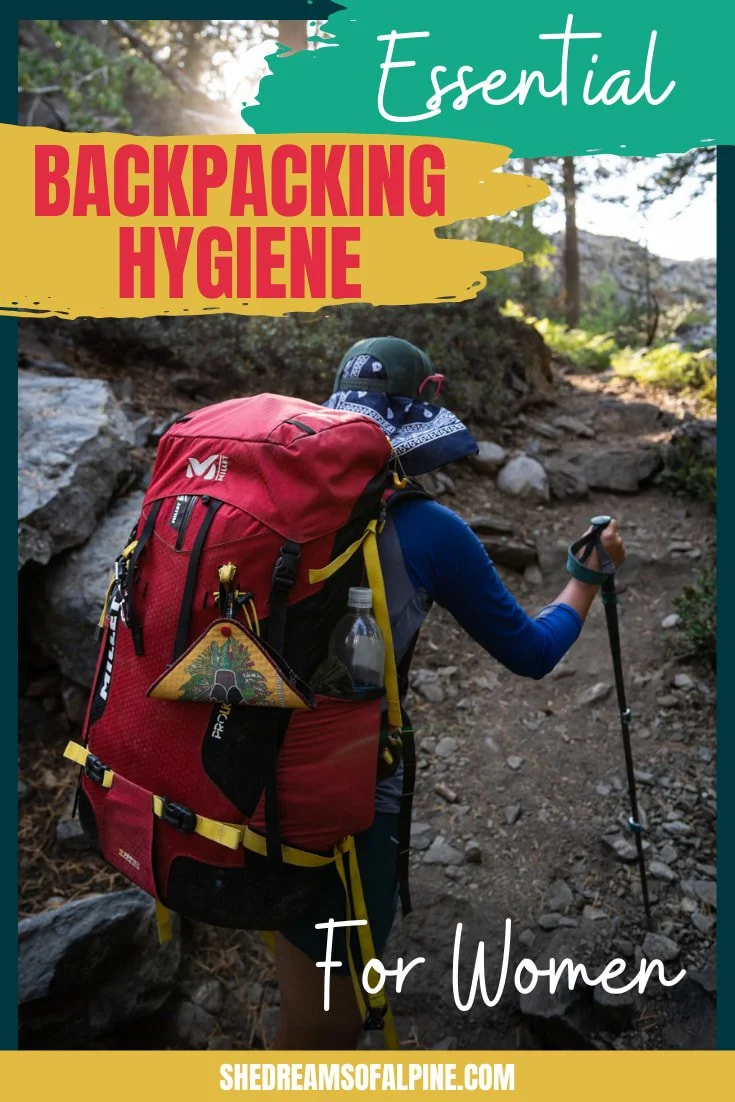

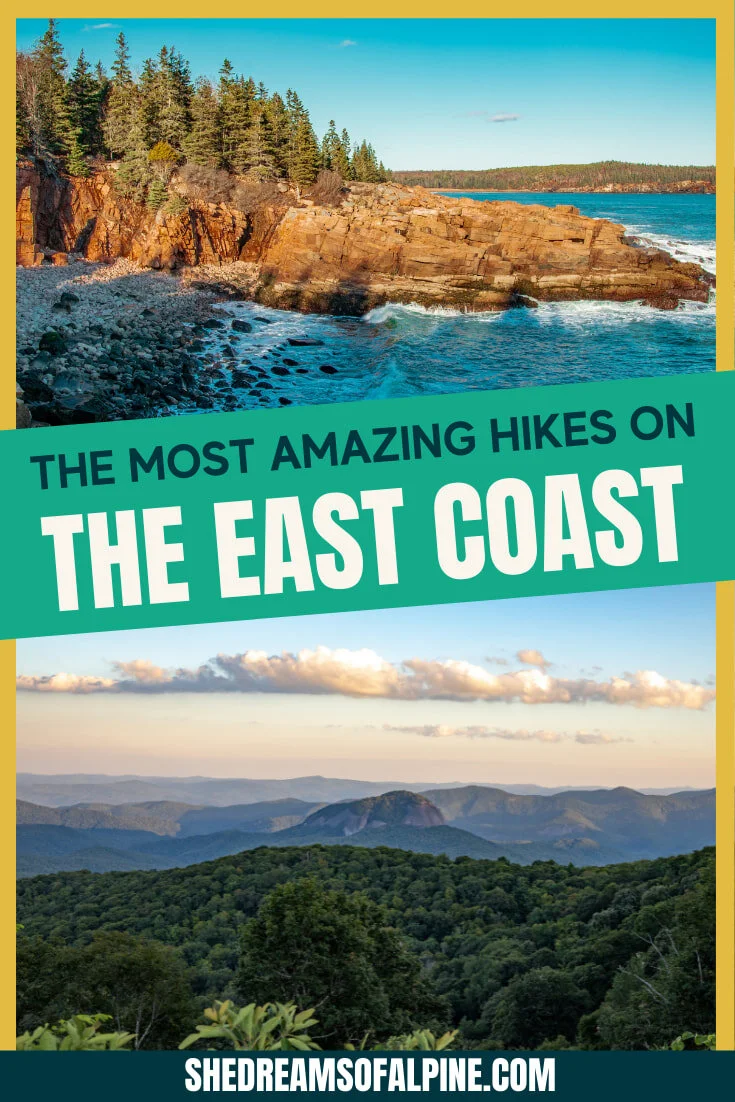
27 of the Absolute Best Hikes in Yosemite National Park to Put on Your Hiking Bucket List | Yosemite National Park is one of the most beautiful national parks in the entire United States, and one of the best ways to explore the park is via one the many amazing hiking trails. In this post, I’ve detailed 27 of Yosemite’s top hiking trails, ranging from difficult to easy, that give you epic views of Yosemite’s grand backcountry and some of Yosemite’s most famous landmarks. You’ll only fall more in love with Yosemite after going on one of these hikes! | shedreamsofalpine.com